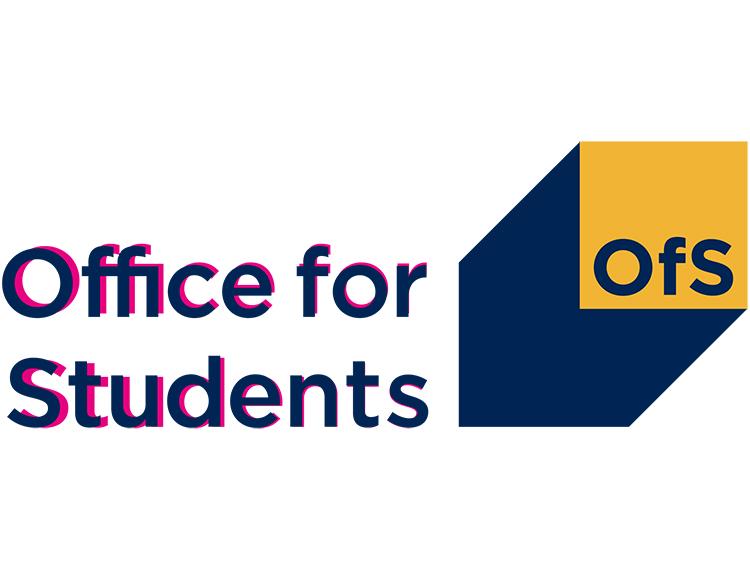New data reveals university performance on access and student success

The dataset looks at each university and college’s student intake, drop-out rates, degree attainment and progression to further study or employment for different groups of students over the last five years. It presents more information than ever before in a range of dashboards, which will improve transparency and greater scrutiny on universities and other higher education providers in this area.
The data shows:
- 67 per cent of English universities and other higher education providers had gaps in higher education access for young students from the least advantaged areas. There are substantial gaps in access at all higher-tariff universities.
- Young students from disadvantaged areas are more likely to drop out, less likely to gain a first or 2:1, or find graduate employment compared to their more advantaged peers. Specifically:
- 89.2 per cent of disadvantaged students continue their studies into their second year, compared to 94.2 per cent of the most advantaged students.
- 74.6 per cent of students from disadvantaged backgrounds are awarded a first or 2:1. The figure for the most advantaged students is 84.1 per cent.
- 68.8 per cent of students from disadvantaged backgrounds go on to secure higher-level employment or post-graduate study, compared to 74.8 per cent of students from the most advantaged backgrounds.
Chris Millward, Director for Fair Access and Participation at the OfS, said:
‘The dataset is a game changer for the way in which we hold universities to account on access and successful participation. It provides a more transparent picture of equality of opportunity in different universities than ever before. Universities will be held to account for their performance, not just by the OfS but by students and the wider public, who are increasingly expecting stronger progress in this area. The data shows that some universities are making stronger progress than others and we expect to use it to ensure that all now make significant improvements during the coming years.
‘We have set ambitious targets to reduce equality gaps during the next five years. Universities now need to focus their attention on the specific areas where they face the biggest challenges. While some universities will need to focus on improving access to higher education for students from disadvantaged backgrounds, the data shows that for many universities the real challenge is in ensuring these students can succeed in their studies, and thrive in life after graduation. This data will help them to do that, and to showcase their achievements.
‘When we consulted on creating this dataset last year, there was widespread support for a comprehensive, consistent and high-quality source of data. It will enable us to make consistent judgements of how well different universities are doing, and provide clarity to universities on how their performance will be assessed. Along with the creation of a new evidence and impact exchange, we have a platform to make higher education truly open to all those with the talent to benefit it.’
For the first time, data has also been made available about the differences in outcomes for students who declare a mental health condition.
Yvonne Hawkins, Director of Teaching Excellence and Student Experience at OfS, said:
‘The data shows there are clear differences in outcomes for students who declare a mental health condition, compared to those students who have no known disability. Universities should look at the data closely and consider how they can continue to support students reporting mental ill health. Work to improve the mental health of all students is a priority for the OfS. We have made funding of up to £6 million available to drive a step-change in improving mental health, and are working with Research England to deliver further funding of up to £1.5 million to enhance mental health support for postgraduate research students.’

Responses